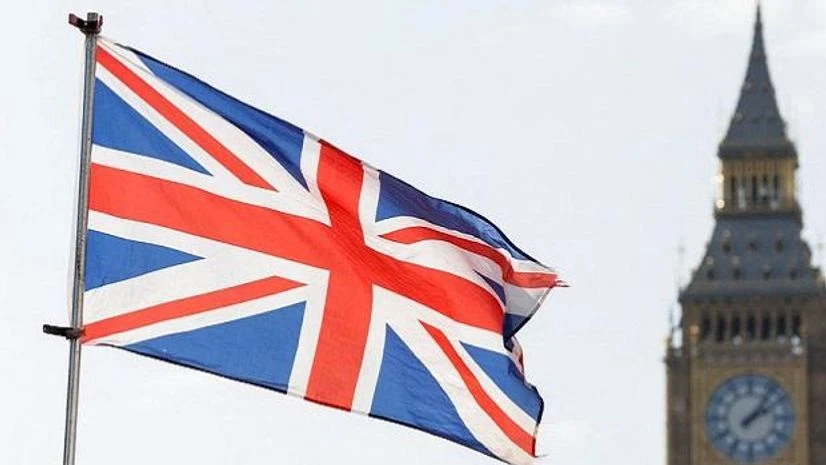If you’re planning to study in the United Kingdom as an international student, you’ll need to provide proof of sufficient funds to cover your living expenses for each month of your course, up to nine months, as set by the UK Home Office. The current financial requirements, which were tied to domestic maintenance loans, haven’t been updated since 2020. However, from January 2, 2025, new rules will be in place, according to Home office.
Students heading to London will need to show they have £1,483 (Rs 1.63 lakh) per month, while those studying outside of London will need £1,136 (Rs 1.25 lakh) per month. This is an increase from the current amounts of £1,334 (Rs 1.47 lakh) for London and £1,023 (Rs 1.23 lakh) for other areas.
The government has also indicated that these figures will be regularly updated in line with inflation and changes in domestic loans. This means, for students staying in London for nine months or more, they’ll need to demonstrate a total of £13,348 in savings when applying for their visa.
Will the hike impact Indian students?
Not at all, says Ajay Sharma, an immigration consultant and the founder of Abhinav Immigration Services.
"A person going from India spends, on average, around Rs 25 lakh per annum for a good course or institution. Hence these small changes never impact a student's decision," he says.
Sharma adds, "The key areas around which a student and their parents decide are the course and institution, possible pathways to work after studying, and student visa acceptance rates in India. For instance, the USA became the top destination this year because its visa acceptance rate was better than Australia's and Canada's."
More From This Section
Why has the UK increased its financial requirements?
The rising cost of living in the UK, especially in London, is a primary reason for the hike. Inflation has driven up prices across the board, and the UK government has adjusted the financial maintenance requirements to ensure that students have enough funds to support themselves during their studies.
"Studying in London comes with higher costs, particularly for accommodation and transport, which is why the requirement has gone up to £1,483 per month," according to the Home Office. For students outside of London, although the cost of living is lower, there has still been an increase in the monthly requirement from £1,023 to £1,136, reflecting higher prices across the country.
University Living, a global student housing marketplace, provides a breakdown of approximate expenses for international students:
Accommodation in London: Rs 80,000 to Rs 2.26 lakh per month
Accommodation in other regions: Rs 96,000 to Rs 1.39 lakh per month
Living expenses: Rs 64,000 to Rs 1.18 lakh per month
Total average monthly living costs: Up to Rs 1.82 lakh
Health insurance (IHS): Rs 52,140 per year
UK student visa: Rs 54,359
Tuition fees: GBP 10,000 to GBP 38,000 (approximately Rs 11 lakh to Rs 42 lakh) per year
“Student accommodation costs vary significantly, especially between London and other regions. In London, rents range from GBP 750 to GBP 2,100 (Rs 80,000 to Rs 2,26,000), while in other parts of the UK, prices range between GBP 900 to GBP 1,300 (Rs 96,000 to Rs 1,39,000),” says Saurabh Arora, CEO of University Living.
Health insurance, visa costs, and tuition fees
If you’re heading to the UK, you’ll also need to factor in health insurance. The Immigration Health Surcharge (IHS) is mandatory for international students and costs £470 per year. Additionally, a UK student visa costs £490 if applying from outside the UK, with a healthcare surcharge depending on the duration of your stay.
As for tuition fees, they can vary significantly based on your course. According to data from University Living, international students should expect to pay between £10,000 (Rs 11 lakh) and £38,000 (Rs 42 lakh) per year, with courses like medicine at the higher end of the scale.
The overall cost of studying in the UK continues to rise, and with the new rules coming into effect from 2025, international students, particularly those from India, will need to be even more prepared financially.

)